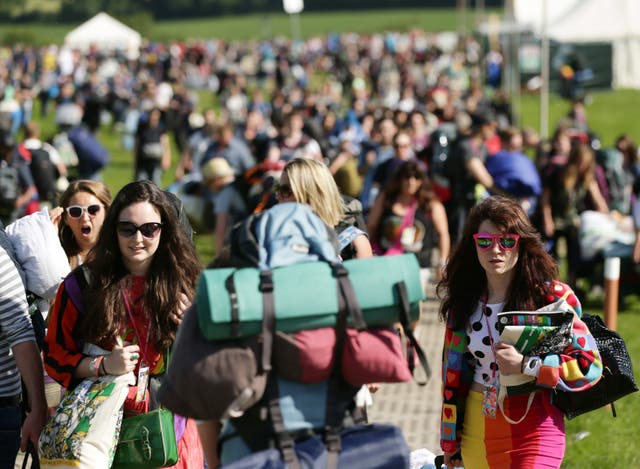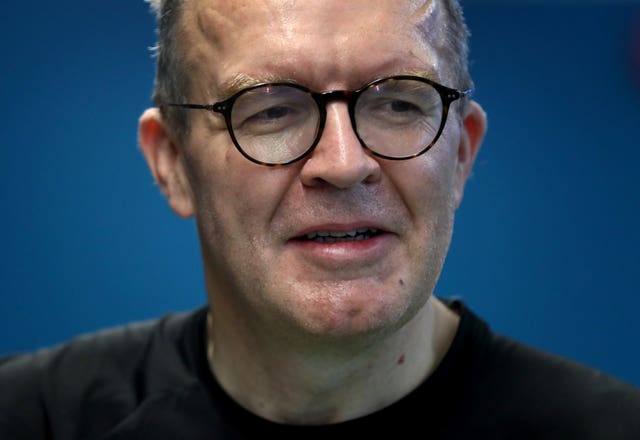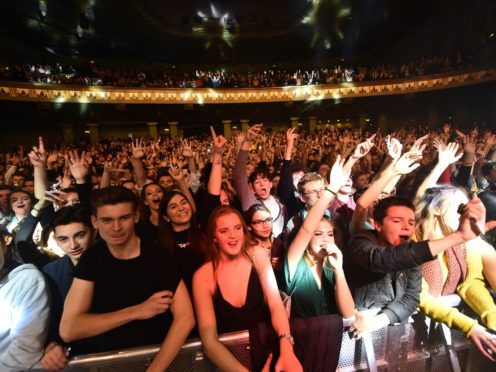Thousands of jobs and £900 million will be lost in the live music industry if “urgent” action is not taken by the Government, according to a trade body for the sector.
The UK Live Music Group also warned that 550 grassroots music venues, which is 82% of the total, are at immediate risk of closure because of the pandemic.
The body claimed that it could take up to three or four years for the sector to recover to 2019 levels.

Additionally, a survey by the Association of Independent Festivals found that 92% of its members face collapse, with three-quarters of the industry’s workforce currently furloughed.
The UK Live Music Group is calling for the Government to help the industry through ongoing support measures, tax breaks on ticket sales and clear guidance about when venues can reopen.
The live music sector is set to see its contribution to the economy shrink by £900 million this year, down from its expected total of £1.1 billion, according to the UK Live Music Group.
Tom Watson, former Labour Party deputy leader and chair of UK Music – which works with the UK Live Music Group, said that the industry is “really hurting”.
He added: “Parts of the sector are effectively on life support and will need a sustained package of help from the Government to survive.
“The music industry has joined forces and is doing its best to look after its people through a fantastic network of hardship funds.

“As the world slowly emerges from the international lockdown, the UK cannot afford to leave behind its economy-boosting music industry.
“We’ll need more support from Government to survive and remain a long-term contributor to the economy.
“If we are to nurture the next generation of British stars like Adele, Stormzy and Ed Sheeran, we need the Government to listen and act to ensure our music industry remains the envy of the world.”
The UK Live Music Group is a trade body which was formed by organisations in the industry to represent their views.
The body is also calling for an extension of business rate relief for the entire supply chain for live music events, including sound and lighting suppliers and service companies.
The group is also arguing for financial support for landlords so that they can allow grassroots music venue tenants to have rent-free periods.
Lucy Noble, chair of the National Arenas Association and artistic and commercial director of the Royal Albert Hall, said: “The Government must not abandon the music industry which is such a vital part of our economy, culture and social fabric.
“The support for our world-leading industry must continue until we have a chance to get back on our feet.”
Music venues are entitled to Government support such as the furlough scheme and loans.
A Department for Digital, Culture, Media & Sport spokeswoman said: “We are supporting the UK’s world-class music industry in these challenging times through substantial financial measures such as Coronavirus Job Retention and Self-Employed Income Support Schemes, as well as business rates relief for music venues and the Bounce Back loan scheme.
“We will continue to work together with the sector on plans for recovery so that the UK’s music scene can thrive in the future.”
